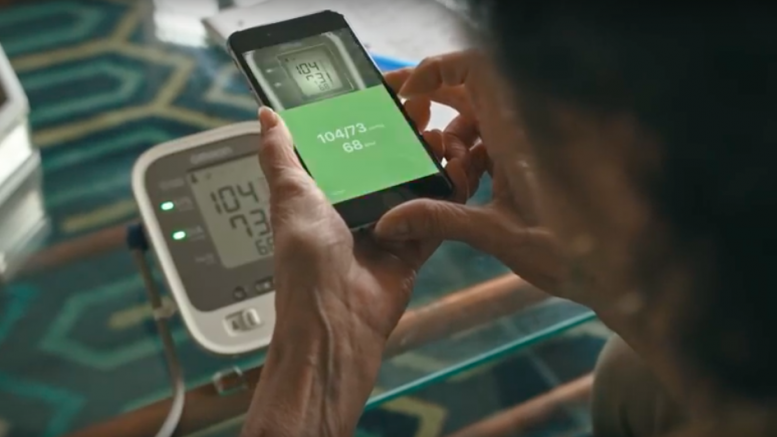The Salford Royal NHS Foundation Trust of the National Health Service (NHS), one of the most innovative and digitally-advanced Trusts in the United Kingdom (UK), has announced a partnership with Validic, the industry’s leading data connectivity platform to develop a new model of integrated care for the United Kingdom.
The partnership will enable the integration of patient-generated health data from in-home medical devices, wearables and consumer health apps into the Electronic Health Record (EHR). The goal of this initiative is to identify how the integration of this data yields a measurable difference in patient care, outcomes and engagement.
Salford Royal, a collection of health systems representing the western part of Manchester, has received £10M to pioneer innovative and re-vamped approaches to digital services, with a heavy emphasis on remote services. Through this partnership with Validic, Salford Royal will start integrating fitness and sleep data to pilot its use and value within the EHR. Long term, this partnership will enable the Trust to bring in the full spectrum of clinical, fitness, biometric, lab, and lifestyle data available via Validic’s 400 device and application connections.
Salford Royal is one of the first healthcare organizations to pilot the use of real-time PGHD for care and research in the United Kingdom. This initiative could have broad impact. A recently released study said one of NHS’ remote services could save 25 million clinic visits by people who are on stroke management. That frees not only patient time, but also care team resources.
“Salford Royal is making personal health data actionable and valuable to both providers and patients by enabling access to the needed insights and context,” Validic CEO Drew Schiller said. “By placing a focus on preventative and personalized care, Salford Royal is pioneering how data are used to improve the affordability and accessibility of healthcare.”
Data will also be aggregated into a database, in which clinicians and researchers can use to identify trends, correlations, and causations. For example, researchers will be able to correlate sleep and heart rate data to identify new care methods for weight and diabetes management – enabling patients greater control to self-manage their condition and offering physicians insight into how a patient’s lifestyle impacts their health and disease state. This dynamic in which patients receive their data back contextualized and physicians have an opportunity to treat patients holistically creates an accountable care model.

